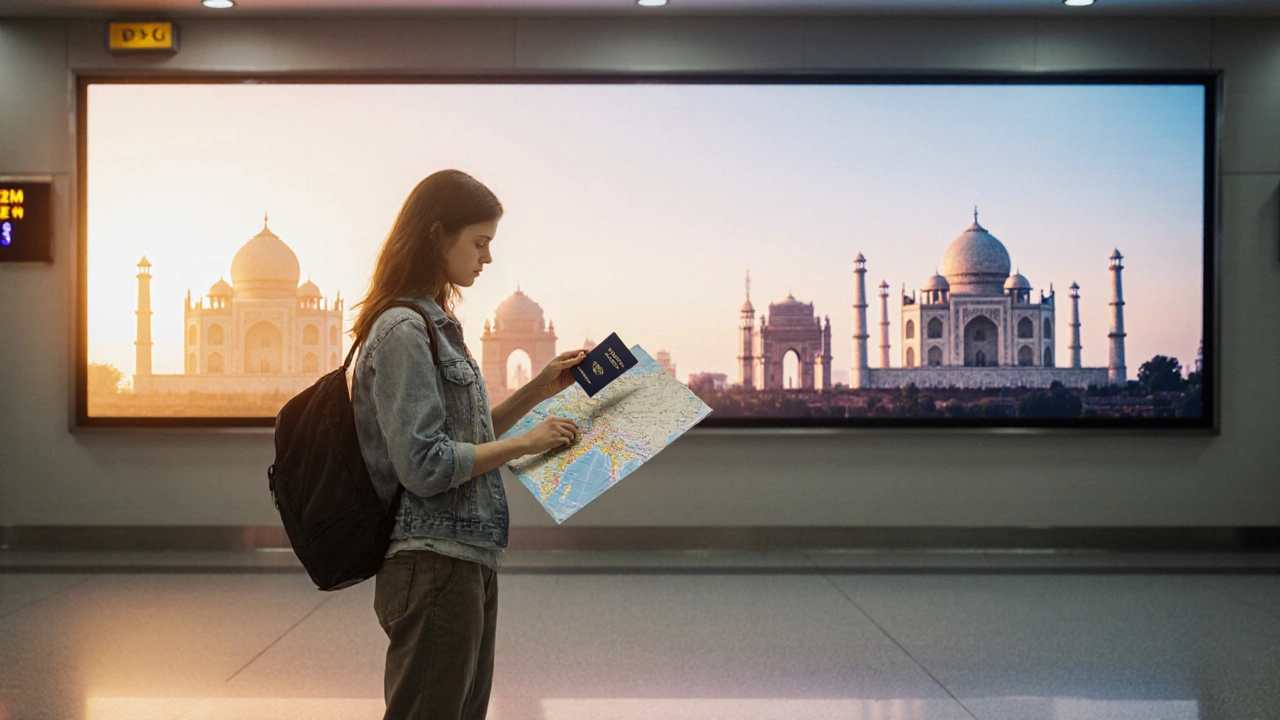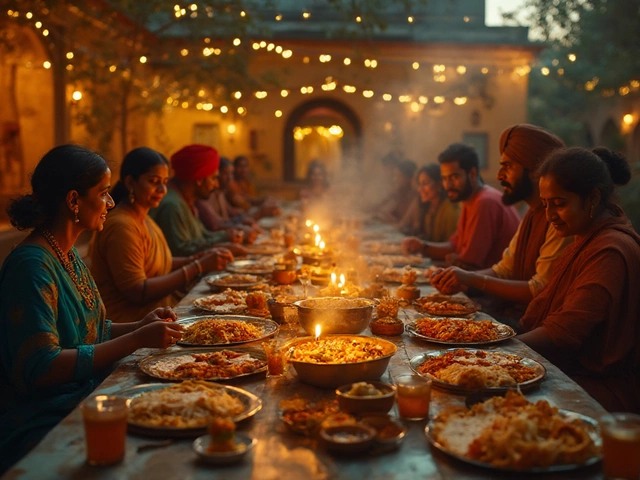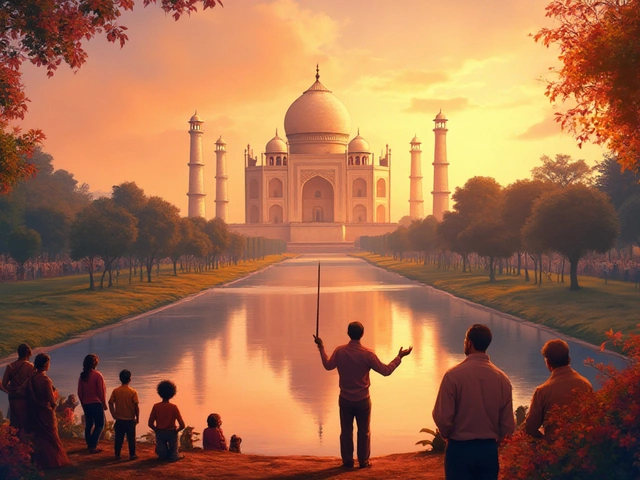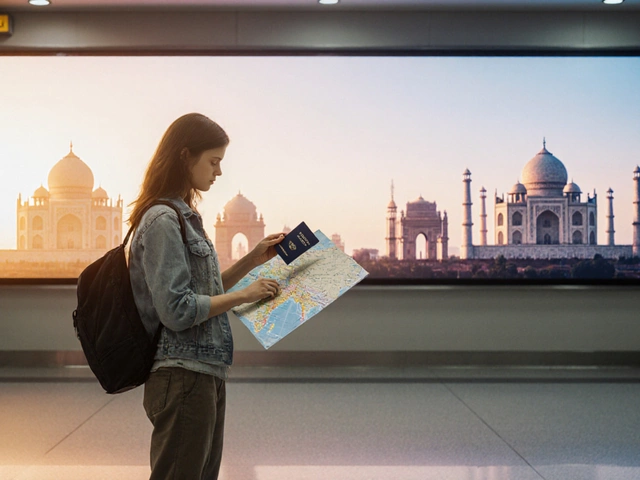India Vaccination Checker for US Travelers
Travel Preparation Tool
Select your travel details to see required vaccinations for India based on US CDC and WHO guidelines.
Recommended Vaccinations
Important Timing Notes
Planning a trip to India but wondering if it’s safe for an American passport holder? Below you’ll find the latest advisory, the most common risks, and a practical checklist that lets you travel with confidence.
Quick Takeaways
- US Department of State rates India as a Level 2 (Exercise Increased Caution) destination as of October2025.
- Vaccinations against HepatitisA, Typhoid, and Tetanus are strongly recommended; COVID‑19 boosters remain optional.
- Major cities (Delhi, Mumbai, Bengaluru, Jaipur) are generally safe for tourists, but pickpocketing and traffic accidents are the most common safety issues.
- Border states (Jammu &Kashmir, Arunachal Pradesh) have travel restrictions; check local advisories before entering.
- Carry a copy of your US passport, emergency numbers, and a reliable travel insurance policy at all times.
Current Travel Advisory Overview
United States issues travel alerts through the Department of State and classifies India as a Level2 destination, meaning travelers should exercise increased caution. The advisory highlights three main concerns: health risks, crime in crowded urban areas, and occasional political demonstrations, especially in northern border regions.
The Indian Ministry of Home Affairs and local police forces have stepped up tourist‑focused safety measures in major hubs, including more visible patrols and dedicated tourist helplines (e.g., 112 for emergencies).
Health & Medical Safety
India’s climate varies from tropical coasts to temperate hills, so health preparation is essential. The World Health Organization recommends specific vaccinations for travelers to South Asia and the US CDC aligns with those guidelines.
Recommended vaccines for US travelers (as of 2025):
| Vaccine | Type | Timing Before Travel | Notes |
|---|---|---|---|
| HepatitisA | Inactivated | 2weeks | One‑dose schedule; protects against contaminated food/water. |
| Typhoid | Oral live‑attenuated or injectable | 1week (oral) / 2weeks (injectable) | Especially important for rural trips. |
| Tetanus‑Diphtheria‑Pertussis (Tdap) | Inactivated | Any time (within 10years of last booster) | Standard US schedule. |
| COVID‑19 Booster | mRNA or viral vector | At least 2weeks | Not mandatory for entry but advised. |
| Japanese Encephalitis (optional) | Inactivated | 1month | Recommended for extended stays in rural/forest regions. |
Carry a small medical kit with oral rehydration salts, basic analgesics, and any prescription meds in their original containers. Indian pharmacies are plentiful in cities, but brand availability can differ.
Crime & Personal Security
Petty crime-pickpocketing, bag snatching, and short‑term scams-is the most reported issue for tourists in bustling markets and train stations. Women travelers often receive specific safety advice, such as dressing modestly and avoiding isolated streets after dark.
Key precautions:
- Use hotel safes for passports, extra cash, and credit cards.
- Prefer rides from reputable apps (Ola, Uber) over hailing random autos.
- Keep a photocopy of your passport ID page in a separate bag.
- Stay alert in crowded festivals; keep bags in front of you.
Local police (the Indian Police operates a 24‑hour tourist helpline (112)) respond quickly in most urban areas, but response times can be slower in remote hill stations.
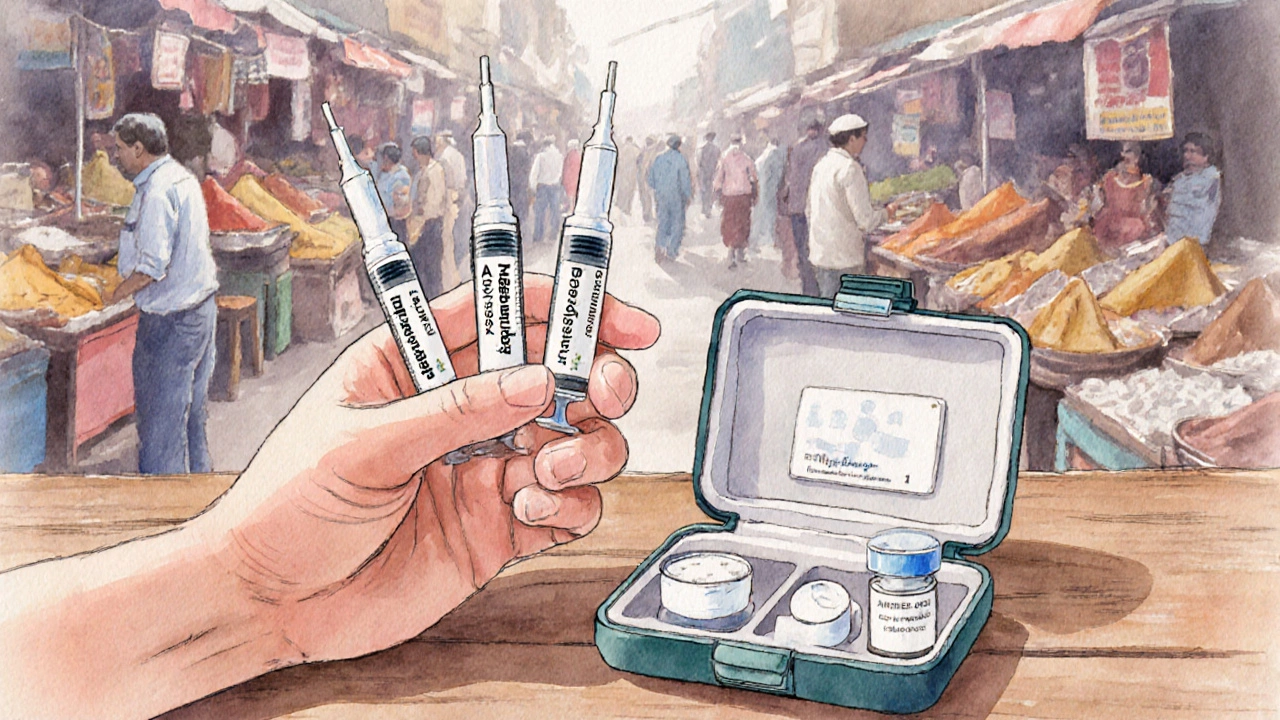
Transportation & Road Safety
India’s transportation network is vast but varies in safety standards. Domestic flights are regulated by the DGCA and have a solid safety record. However, road travel can be chaotic: traffic moves on both sides of the road, and lanes are not clearly marked in many towns.
Safety tips for getting around:
- Air travel: Book flights with reputable airlines (Air India, Vistara, Indigo). Arrive at the airport at least 2hours early for security checks.
- Rail travel: Reserve AC classes (2A, 3A) for comfort and security. Use the IRCTC app for real‑time train status.
- Road travel: When hiring a car, request a driver with a valid licence (you can verify the licence number on the driver’s ID).
- Local transit: Metro systems in Delhi, Mumbai, and Bengaluru are safe, affordable, and well‑monitored.
Political & Civil Unrest
While India is politically stable overall, demonstrations can flare up unexpectedly, especially in northern border states (Jammu &Kashmir, Ladakh) and during election cycles. The US embassy advises against non‑essential travel to these areas.
If you encounter a protest:
- Avoid the crowd and move to a well‑lit, populated area.
- Do not take photos of police or protestors, as this can draw unwanted attention.
- Follow local news via reputable apps (e.g., NDTV, The Hindu).
Practical Safety Checklist for US Travelers
Use this step‑by‑step list before you book, while you’re on the plane, and once you land.
- Before booking:
- Register your trip with the US Department of State’s Smart Traveler Enrollment Program (STEP).
- Purchase a comprehensive travel insurance policy that covers medical evacuation.
- Check the latest advisory on travel.state.gov.
- Pre‑departure health prep:
- Schedule vaccine appointments 4-6weeks ahead.
- Pack a copy of your vaccination record in a zip‑locked bag.
- Download the CDC TravWell app for real‑time health alerts.
- On arrival:
- Exchange a small amount of INR at the airport or use a reputable exchange kiosk.
- Locate the nearest US embassy or consulate (Delhi, Mumbai, Chennai) and note the address.
- Set up local emergency contacts: 112 (police/ambulance), your hotel front desk, and a trusted local contact.
- During your stay:
- Keep your passport ID page on your phone (secure, encrypted) for quick reference.
- Use a money belt or hidden pouch for cash.
- Stay hydrated, eat freshly cooked food, and avoid street‑sale dairy products to reduce stomach issues.
- If an incident occurs:
- Call 112 and provide a clear description of the location (landmark, street name).
- Contact the US embassy’s 24‑hour helpline: +1‑212‑501‑4444 (outside US).
- Notify your travel insurance provider immediately to initiate claim processes.
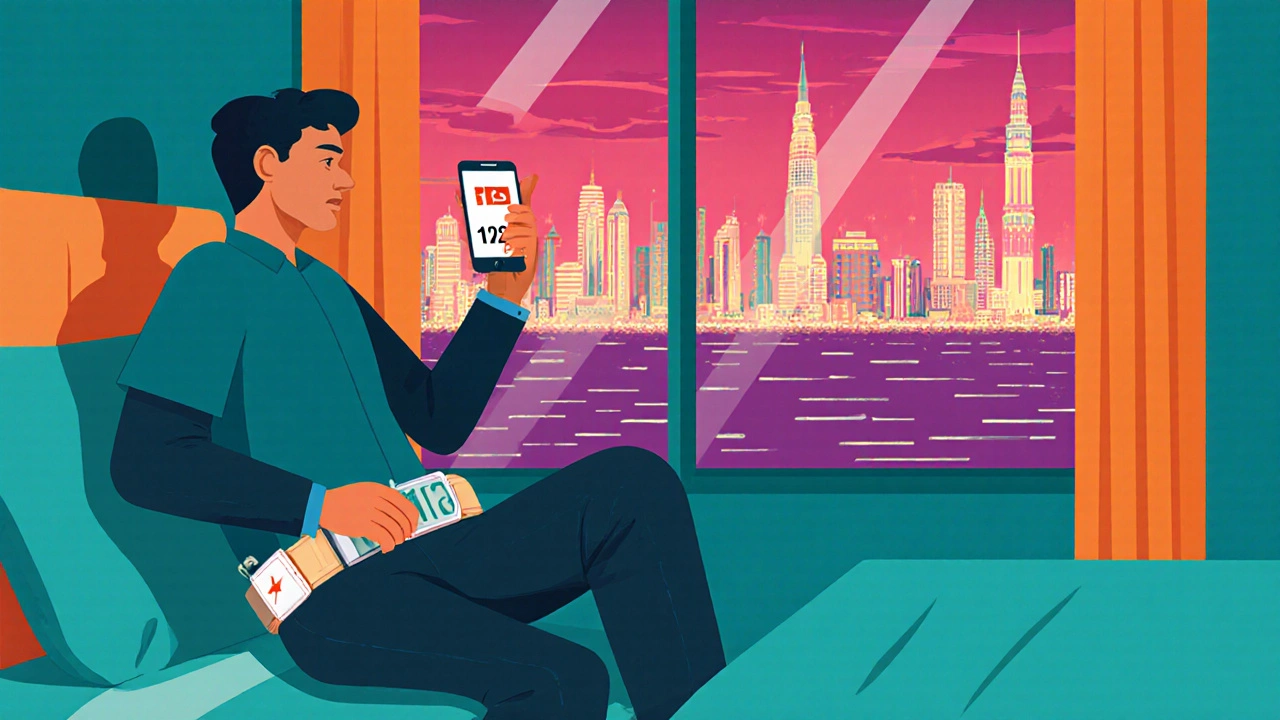
Key Resources & Apps
- US Department of State - Travel Advisory: travel.state.gov
- Smart Traveler Enrollment Program (STEP): step.state.gov
- Indian Ministry of Health - Vaccination Guidelines: mohfw.gov.in
- CDC TravWell App: real‑time health updates.
- Google Maps & Maps.me: offline navigation for remote areas.
- Ola / Uber: trusted ride‑hailing services in major cities.
Bottom Line
India remains a vibrant destination for US citizens, and with the right preparation you can travel safely. By staying aware of health requirements, keeping an eye on local news, and using the practical checklist above, you’ll minimize risks and enjoy the country’s cultural riches.
Frequently Asked Questions
Do I need a visa to travel to India as a US citizen?
Yes. Most US travelers apply for an e‑tourist visa online (e‑TVV) which is valid for 60 days and can be extended once. The process takes 3-5 business days.
Is it safe to travel alone as a woman in India?
Traveling alone is possible, especially in major cities with good accommodation and transport options. Stick to well‑reviewed hotels, use app‑based rides, avoid night‑time walks in unfamiliar neighborhoods, and consider joining group tours for remote sites.
What are the most reliable ways to get cash in India?
ATMs from major banks (HDFC, SBI, ICICI) in cities dispense INR without extra fees if you use a debit card with no foreign‑transaction charge. Currency exchange counters at airports are convenient but offer lower rates.
Should I worry about COVID‑19 restrictions in India?
As of October2025, India no longer mandates testing or vaccination proof for entry. However, some hotels and airlines may still request proof of recent vaccination. Carry your booster record just in case.
How do I contact the US embassy in case of an emergency?
The US Embassy in New Delhi can be reached 24/7 at +91‑11‑2611‑2000. There are also consulates in Mumbai (+91‑22‑2641‑8666), Chennai (+91‑44‑2857‑4000), and Hyderabad (+91‑40‑4039‑3000). Use the STEP portal to notify them of your location.
